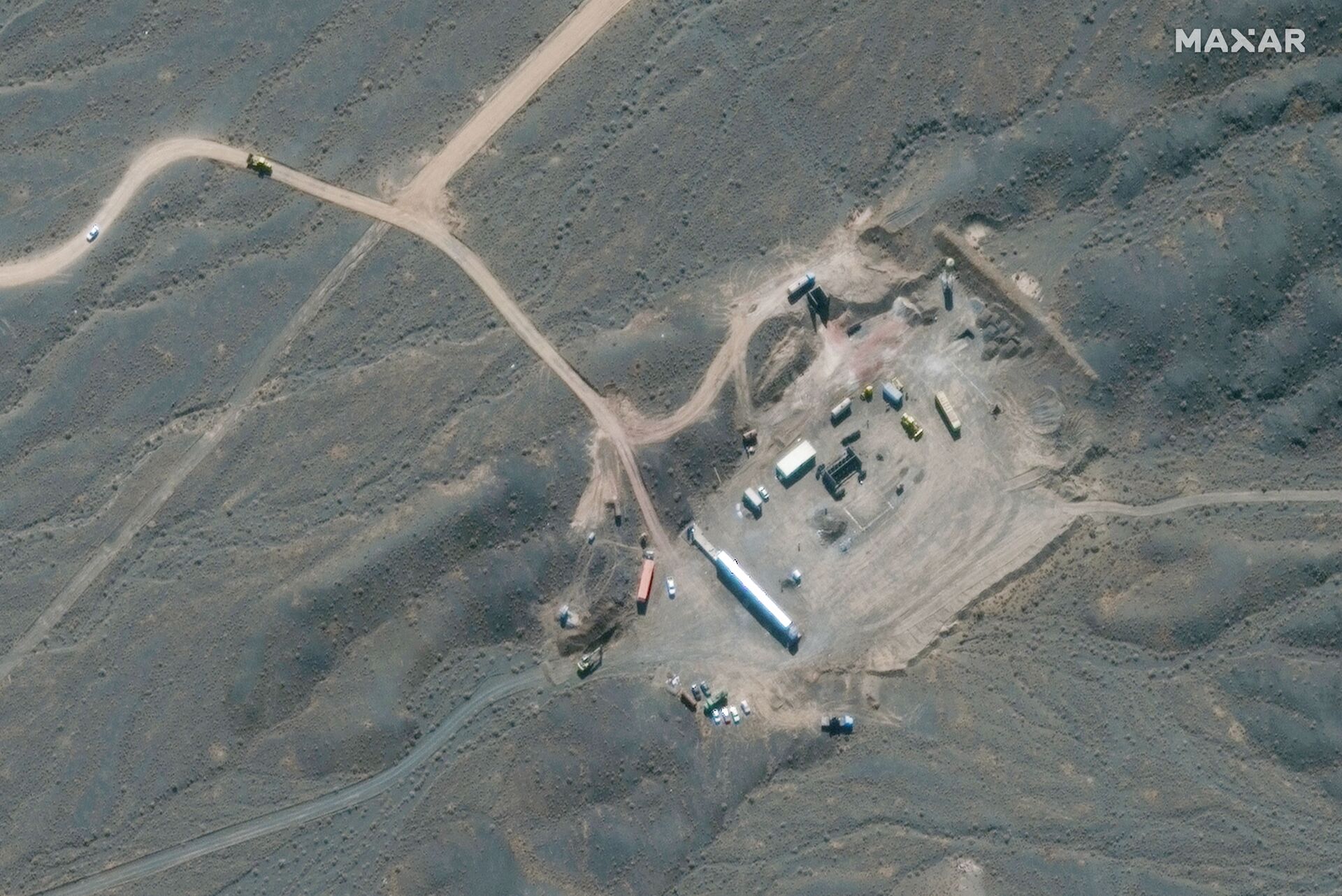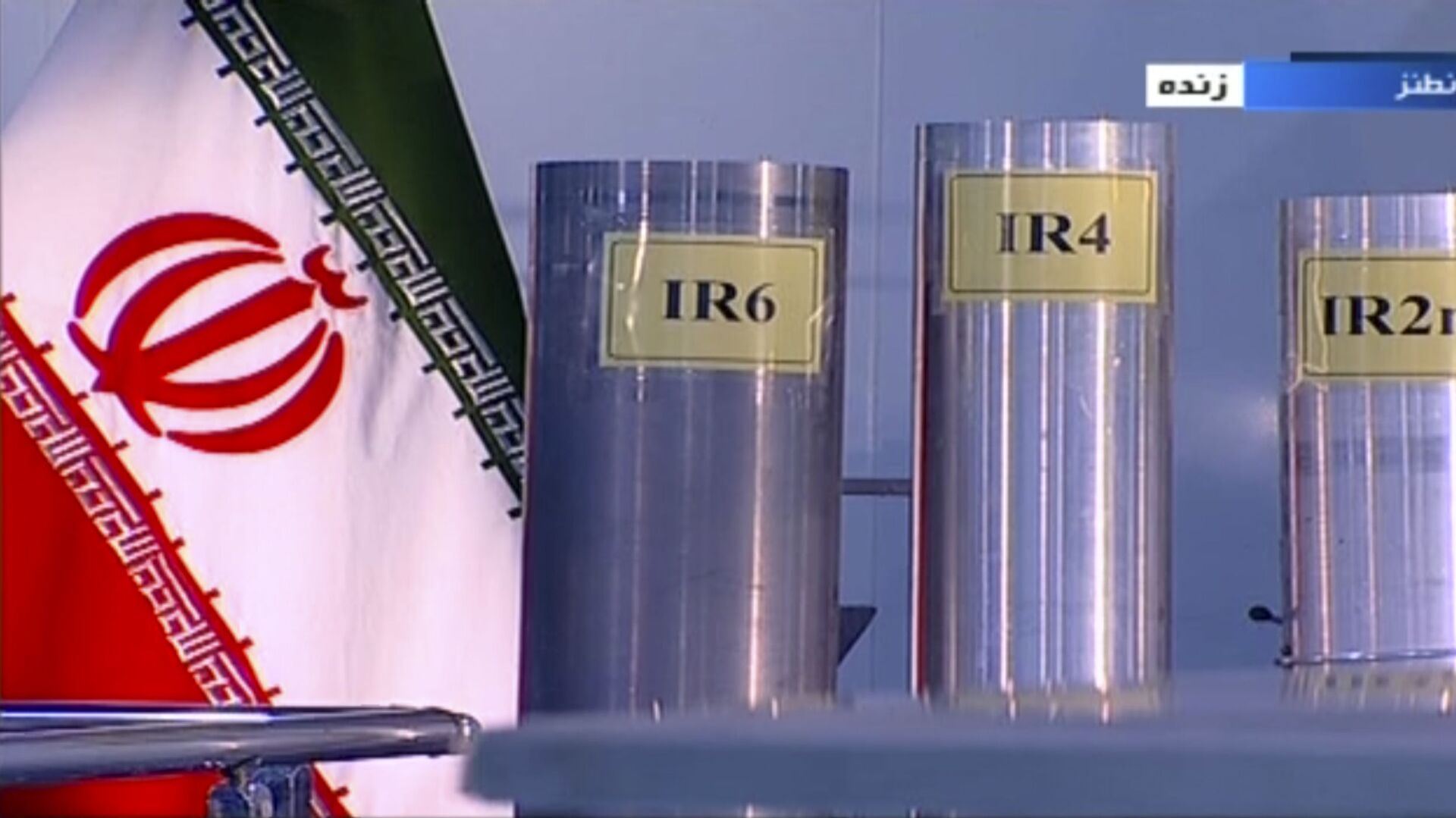Iranian President Hassan Rouhani said on Wednesday that raising its uranium enrichment levels to 60% was a response to Israel's "nuclear terrorism", as quoted by AFP.
"What you did was nuclear terrorism. What we do is legal," Rouhani reportedly said during a Cabinet meeting. His comments, directed at Israel, were broadcast on TV.
According to the Iranian president, there are those who tried to "empty" Iran's hands during the talks in Vienna in regards to the 2015 Joint Comprehensive Plan of Action (JCPOA), but the country's "hands are full".
"60% enrichment is an answer to your malice," the president added. "We cut both of your hands, one with IR-6 centrifuges and another one with 60%.''
Iran announced the day before that it was expecting to start producing 60% enriched uranium by "next week" in two cascades of IR-4 and IR-6 centrifuges, which are much faster that its first-generation, IR-1 centrifuges.
"Modification of the process just started and we expect to accumulate the product next week," tweeted Kazem Gharibabadi, Iran's envoy to the International Atomic Energy Agency.
The Islamic Republic also earlier pledged to introduce 1,000 more centrifuges at the Natanz nuclear site.

Iran announced that it had launched its new IR-6 and IR- 5 uranium enrichment centrifuges at the Natanz plant on Saturday; a power blackout occurred the next day, damaging the machines.
The incident was later described as "nuclear terrorism", an "act of sabotage" and "revenge" by Israel amid progress in negotiations to lift sanctions against the Islamic Republic.
Tel Aviv hasn't claimed responsibility for the attack, but a number of Israeli outlets reported that the Natanz blackout was a result of a cyberattack orchestrated by the country, potentially even its intelligence service Mossad.
Following the attack, Iran's ambassador to the United Nations office in Vienna said that the damaged centrifuges will now be replaced with new, more advanced ones, as enrichment in Natanz has "not stopped".
Iran will now "achieve new breakthroughs in the nuclear development", Iranian Foreign Minister Javad Zarif said in response to the Natanz incident.
The developments are taking place in the background of negotiations in Vienna aimed at reviving the JCPOA, or Iran nuclear deal, that the Trump administration left in 2018. Under the deal, Iran was expected to scale back on its nuclear programme in exchange for sanctions relief, but following the US unilateral exit from the agreement, Tehran slowly began increasing uranium enrichment beyond the limit set by the JCPOA.





